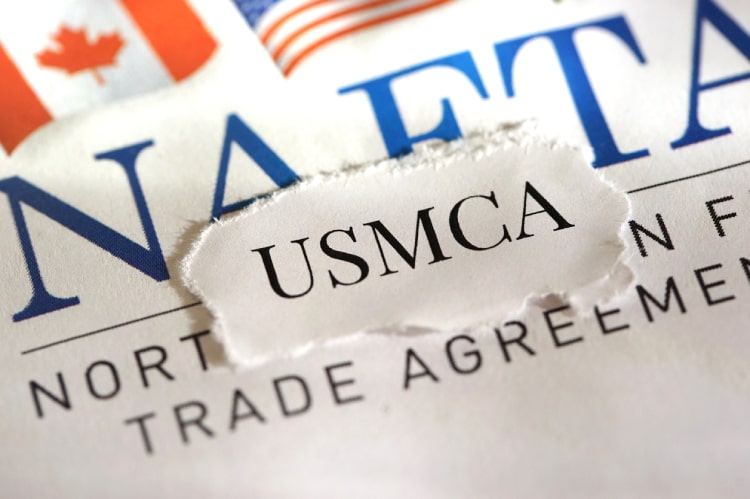This article explains the complexities of payment arrangements for TN visa holders, focusing on whether they can work under a 1099 or must be W2 employees based on USMCA and USCIS guidelines. It clarifies TN visa professionals’ definition of “self-employment” and provides alternatives for those who own or control a U.S. business entity.
Understanding “Self-Employment” in the TN Visa Context
TN visa holders cannot use the visa for self-employment or to start a business in the U.S., as per the USDOS Foreign Affairs Manual, 9 FAM 402.17. Self-employment under TN status typically refers to offering services through a U.S. entity that the visa holder owns or controls significantly (over 50%). Exploring other visa categories like Treaty Trader (E-1) or Investor (E-2) visas would be more appropriate for those intending to engage in self-employment.
Key considerations for substantial control:
- Establishing a U.S. entity.
- Holding sole or primary control/ownership.
- Being the primary recipient of business income.
If distinguishing personal interests from those of a U.S. entity is challenging, an E Visa or L Visa might better accommodate your needs.
Situations Not Classified as “Self-Employment”
Owning a foreign company that contracts with a U.S. entity is not self-employment. For example, TN visa holders can maintain majority ownership in a foreign company, which is common among self-employed IT professionals and management consultants. Additionally, working as an independent contractor does not automatically indicate self-employment, provided there is an explicit employment agreement with a U.S. entity that controls the terms of employment.
Payment Arrangements under a TN Visa
TN Visa holders can choose between W-2 or 1099 payment structures if they avoid self-employment scenarios. This flexibility benefits many IT professionals and management consultants who prefer the 1099 arrangement through their foreign-owned companies.
Guidance for the Deemed “Self-Employed”
Foreign professionals who appear self-employed or own significant portions of a U.S. company often face entry denials. If you find yourself in this situation, consider the L-1, E-1, or E-2 visa categories, which are more suitable for individuals with multiple U.S. clients or substantial business involvement in the U.S.
Conclusion
Understanding the boundary between permissible work arrangements and prohibited self-employment is crucial for TN visa holders. While 1099 payments are possible, they must be structured carefully to comply with TN visa regulations. For those involved in or considering substantial business activities in the U.S., consulting with an immigration expert to explore suitable visa options is advisable to ensure compliance and avoid complications at U.S. entry points.
Schedule a Consultation with an Immigration Lawyer
Citations
We Can Help!
You may have questions regarding TN Visa requirements. We invite you to contact our team at Richards and Jurusik for detailed guidance and assistance. We aim to provide the most accurate and up-to-date information to make your immigration process smoother and less stressful. The immigration lawyers at Richards and Jurusik have decades of experience helping people to work and live in the United States. Read some of our hundreds of 5-star client reviews!







